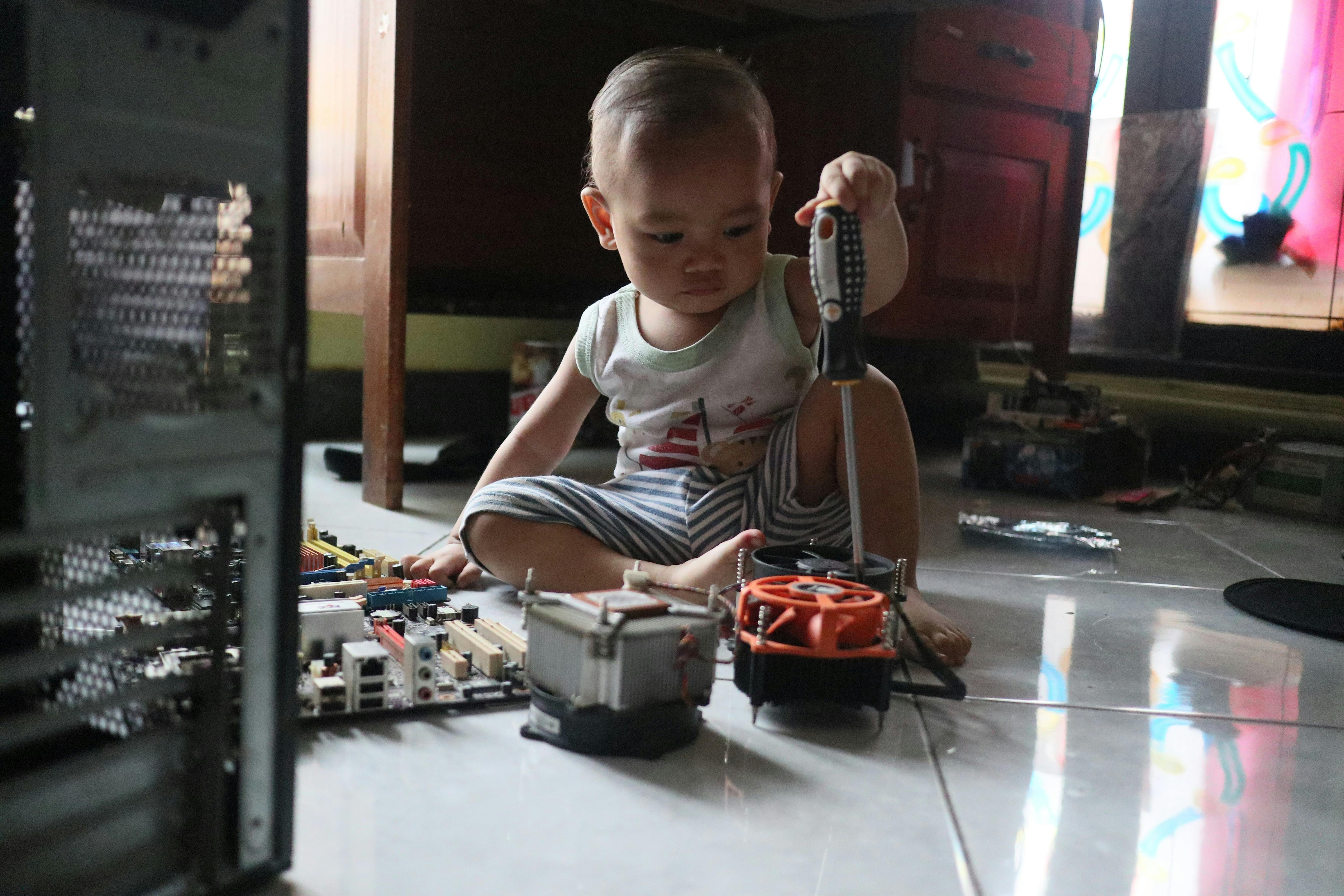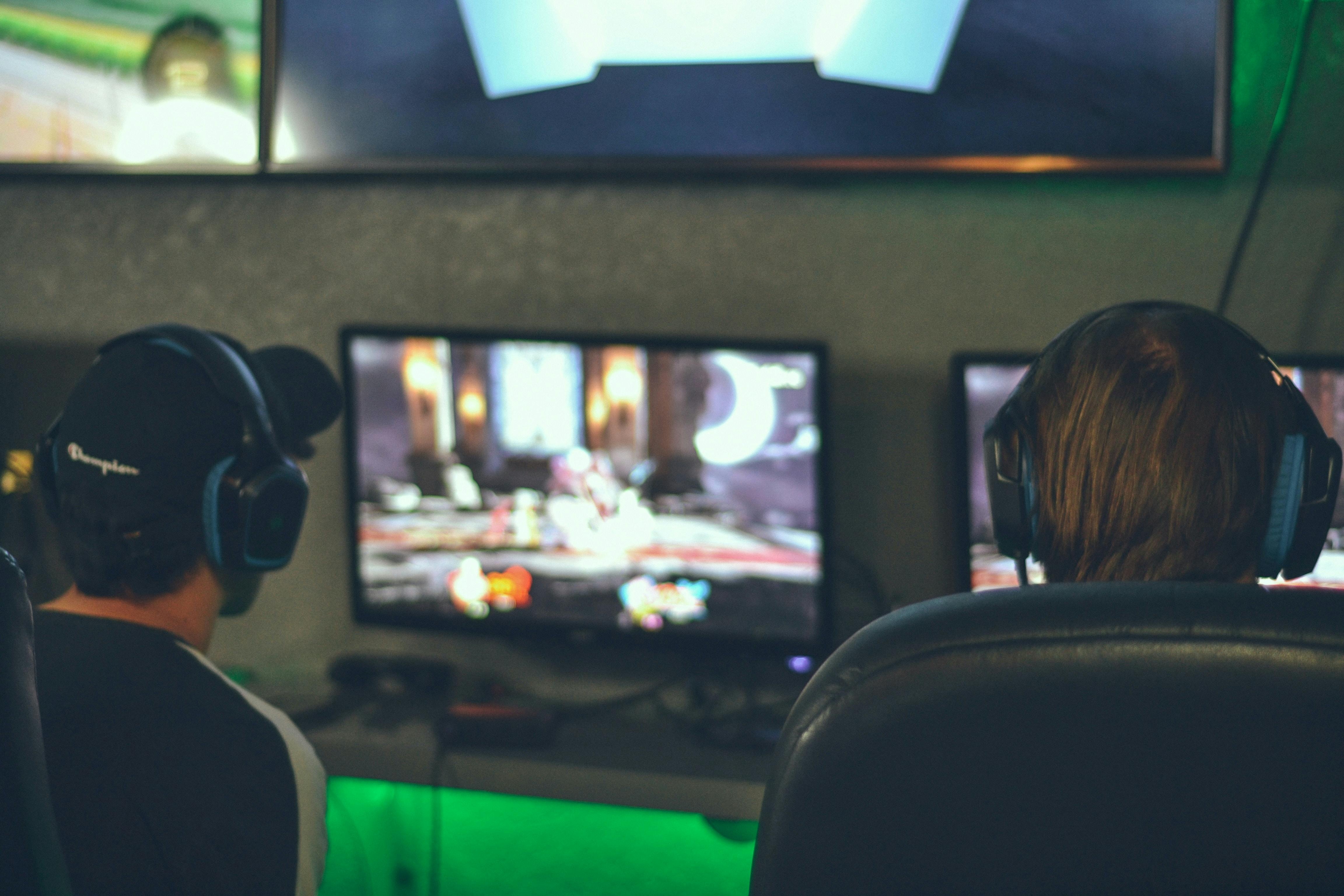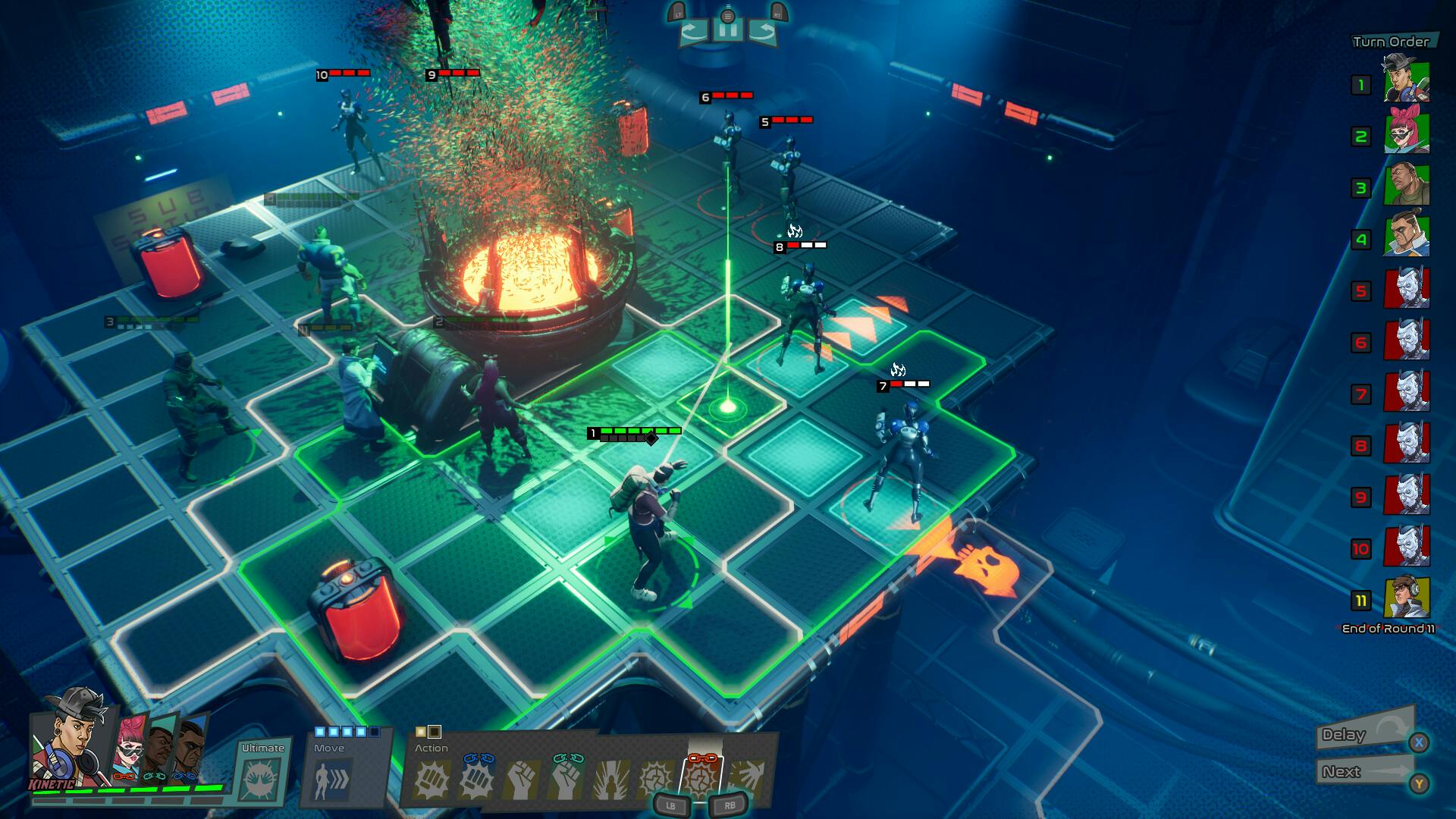Photo by Alex Haney on Unsplash
Ever wondered what gaming is doing to your brain? It’s not all DOOM; in fact, it’s positively fascinating.
Home gaming, or playing a computer game on a console in your home is commonplace now, but that’s 50 years in the making. Home gaming started life in 1972 with the Magnavox Odyssey, a crude design that arrived complete with board game paraphernalia. In fact, 1972 was considered the golden era of gaming, and also known as the first generation of gaming.
If we scroll forward to 1993 and what's considered the 5th generation of home gaming, we are getting into an era that is recognizable (only just) to the high-tech gaming consoles and hard wear we know today. The 5th generation was made remarkable by 3D and, of course, the 64GB of memory, and anyone who played the Sega Saturn knows these were magical times.
Between 1993 and 2001, gaming was still a solitary occupation, although, with the addition of multiple handset ports, you could still play with other people in the same room, but not with others online. Gaming at this time was all about titles such as Mortal Kombat II, Super Mario Bros, and Super Street Fighter II; the games, mainly Mortal Kombat, although limited, have become a cult experience - pixelated graphics and all.
Today, gamers don’t know they’re born as there is so much choice (too much). An entire online world is just waiting for them to dive into. There’s no such thing as dial-up internet anymore; just switch on, log in, and reach out. The world becomes smaller and more accessible, and new friends with similar interests are just a click away.
Some may be skeptical, but Gen X and the generations after can see the benefits of gaming. For instance, improved hand-eye coordination and better reflexes, better memory skills, a boost to everyday cognitive function, and improvements to lateral thinking and problem-solving techniques while increasing creativity, can all be attributed to gaming.

Photo by Lisa Yount on Unsplash
Now we know some of the benefits of gaming, let’s dig a little deeper to understand the less obvious and surprising bonuses of gaming…
Better Hand-Eye Coordination and Faster Reflexes
Gaming analysts consistently cited the main benefit of gaming as improved hand-eye coordination and faster reflexes, and what’s wrong with that? Nothing! Except you can improve those skills by playing football or tennis in the fresh air and benefit from some vitamin D at the same time.
Except in real life, the value of what we learn depends on our opponent; we will not improve our game by playing beginner's tennis. Let’s face it, most people will never play against Roger Federer or Serena Williams, but online you can. Gaming will help you to understand your game and play better, improving your reaction time and decision-making skills.
To get technical, in the case of Uttal et al., 2013, a meta-analysis cited in several journals concluded that improvements in reflexes, namely spatial skills, significantly improved by playing multiplayer shooter games such as Call of Duty or Halo when compared to the effect on the brain of degree-level courses (first-year engineering) even though the courses were explicitly designed to increase a young person's spatial skills.
What's more, these enhanced skills and reflexes could be gained in a relatively brief period compared to education-led activities, and to add the icing to the cake, the analysis found the brain retained the learning and could transfer these skills to other tasks.
Gaming Increases Cognitive Function and Improves Memory
Studies have shown how gaming can increase the efficiency of players' gray matter, specifically spatial memory. Spatial memory is vital when planning a route to your meeting and remembering where you left your keys—in other words, finding your way around an environment and remembering why you went there and what you need to do during everyday processes to keep your life on track.
The ability to translate what you learn through gaming can make a difference between getting a promotion or not. It’s that serious. So serious pilots use a form of gaming to land planes during flight training. Real-life simulators are designed to improve cognitive function and memory, making flying safer for everyone.
Pre-teen children are particularly receptive to brain training or learning through video games; researchers discovered that children who gamed through the pandemic for three hours or more a day were faster and produced more accurate results than pre-teens who didn’t game at all.
MRI brain scans showed those with consistent gaming activity had higher brain activity in the hippocampus, neocortex, and amygdala regions associated with attention and, most notably, memory.
Even more exciting was that children with gaming experience of three hours or more a day have increased capacity in the frontal brain (the precentral, superior, and middle frontal, and the inferior frontal gyrus), producing an increased ability to solve more cognitively demanding tasks or complex puzzles.
Gaming as a Social Activity and Mental Health Tool
Gaming is undoubtedly a social activity, and all the other aspects are a by-product. Humans are social beasts; interaction is critical for positive mental health. If there was any doubt about the positive effects of gaming, we only need to look back to 2020 and the COVID-19 pandemic to understand the devastating effects of isolation.
The real damage created by isolation in those who do not game is only emerging now; figures released by the US government in 2023 support this statement and show how gaming, especially in young men, has helped them access mental health services. Other studies agree that gaming during the pandemic helped most young adults and some children cope with the lack of personal or actual contact with their peers.

While the studies focus on men, gaming is a sport also just as loved by women. Women of all ages successfully play the most aggressive games. In some cases hiding behind an avatar or, as YouTube shows us, more women are entering the competitive gaming field or esports for money.
According to statista.com, the distribution of video gamers in 2022 was 48% female; of that number, 30% took part in e-gaming; of the overall figures, 8% were non-binary. These figures fluctuate year to year, but for the last ten years, they have remained in the 42-48% range.
Studies reveal young women prefer to meet people online post-pandemic, as many have lost their interpersonal skills. Even the Wall Street Journal commented that most teenagers prefer to chat online and they certainly do that while gaming.
Gaming can make us clever, but like most things in life, we need moderation and the ability to switch things up and say yes to some online downtime but say no to complete immersion, leaving us unable to cope in reality. Gaming helps with productivity, creativity, and, most of all, sociability, which must be a win.
So crank up the Sega Saturn, blow the dust off of Tomb Raider, and let’s see what Lara Croft is doing now, probably stuck in that cave exactly where we left her in 1997.



